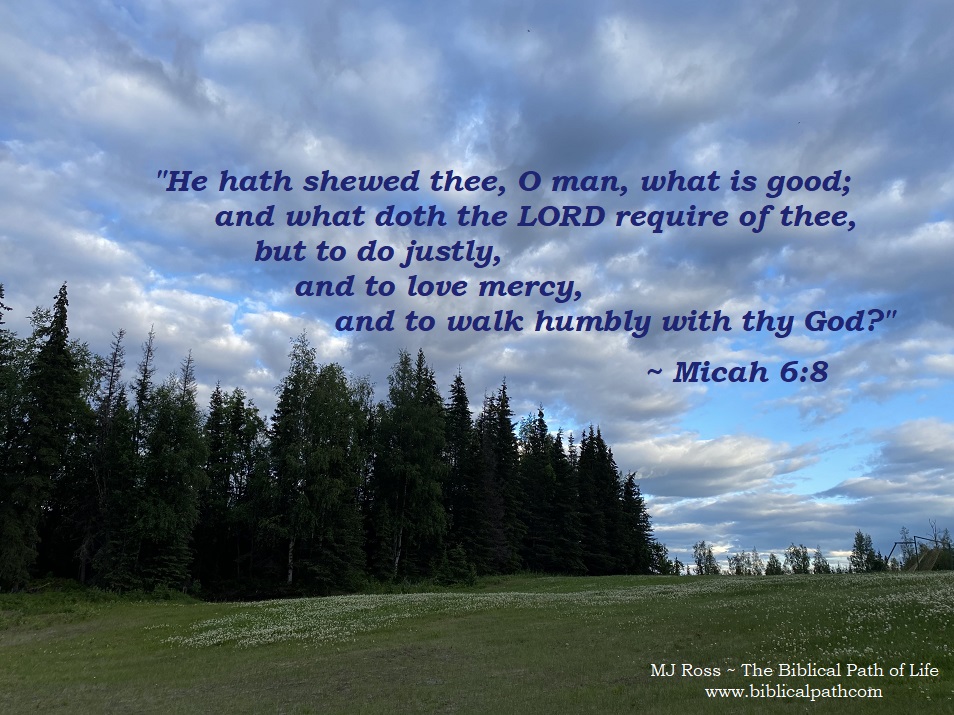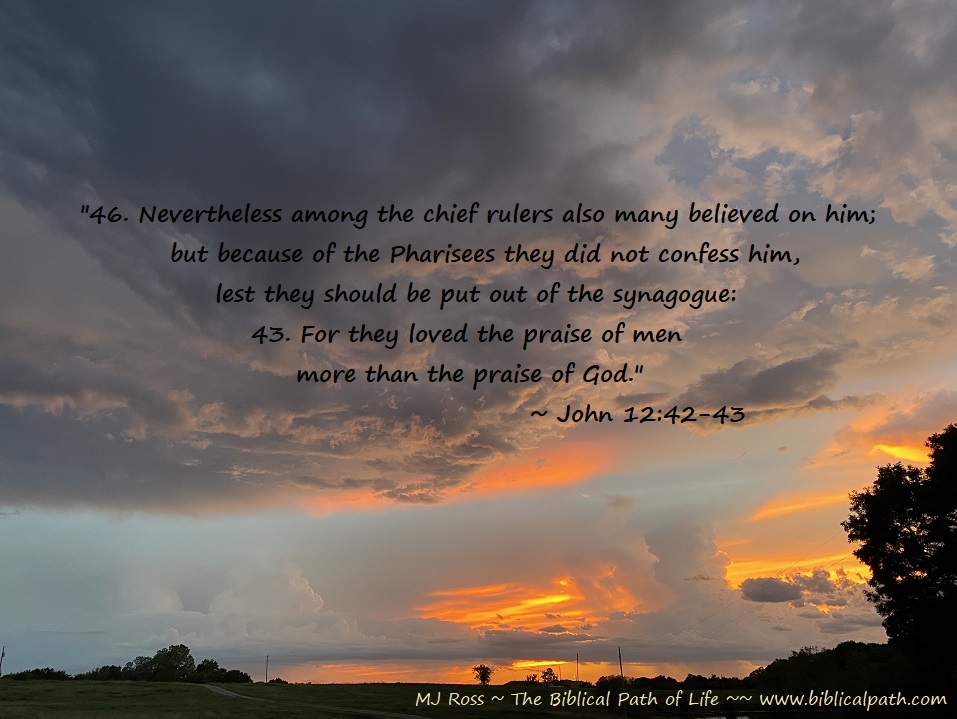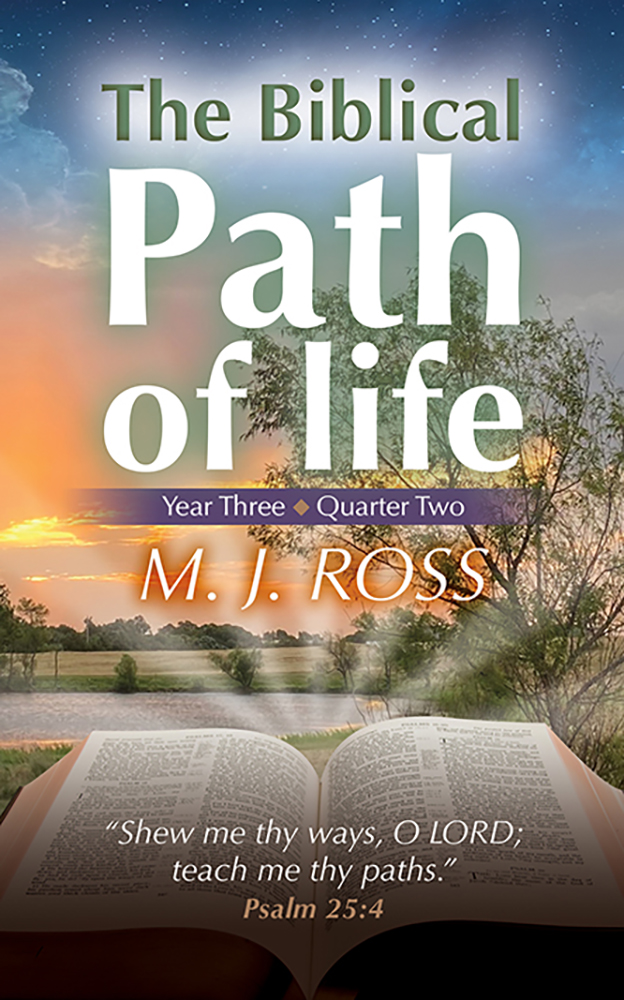
“He saith unto them, But whom say ye that I am?”
Matthew 16:15
Most people remember that Micah was the Old Testament prophet who declared Jesus would be born in Bethlehem (see Micah 5:2). But other than that, most people do not take time to hear the message God gave Micah to deliver. Micah called the people to “hear” God’s Words. He warned them that God saw their sin, and judgment was coming because of habitual sin. He declared that there would be a time that the Jewish people would not be considered a people (Assyria and Babylon carried them captive from their land, ending the kingdom years). However, God promised that He would restore them as His people – one day.
After hearing that God would discipline His people (showing He truly loved His people), remove idol worship from them (only allowing place to do what is right – worshiping the one and only true God), and promising to restore them one day, recognize something else. “18. Who is a God like unto thee, that pardoneth iniquity, and passeth by the transgression of the remnant of his heritage? he retaineth not his anger for ever, because he delighteth in mercy. 19. He will turn again, he will have compassion upon us; he will subdue our iniquities; and thou wilt cast all their sins into the depths of the sea” (Micah 7:18-19). Did you notice the final question Micah asked as he was closing the book? He asked “Who is a God like unto thee?” God in that verse means “might; power; strength.” God wanted to be more than a name to His people, He wanted to be a reality to them – someone they deemed as all powerful; one who can do anything. God would never fail to keep a promise He made to His people, so they were to live on that hope, remembering to watch for that Promised One (Jesus who was to come). No matter how far away from God the Israelites strayed; God would not forsake His people forever. One day, when they recognize Jesus as their Lord (see Hosea 5:15 and Philippians 2:6-11), God will fulfill His promise to them. Because He is a merciful God, He will take those sins and cast them into the depths of the sea, where they can never be retrieved – never to be seen again. The book ends with this reminder: “Thou wilt perform the truth to Jacob, and the mercy to Abraham, which thou hast sworn unto our fathers from the days of old” (Micah 7:20). This is another reminder that God will keep His promises – including sending Jesus.
Just as Micah called God’s people to “hear,” we too, are to “hear” God’s Words today. Even Peter, as he preached in the early church, said. “And when there had been much disputing, Peter rose up, and said unto them, Men and brethren, ye know how that a good while ago God made choice among us, that the Gentiles by my mouth should hear the word of the gospel, and believe” (Acts 15:7). Peter understood the importance of preaching the Gospel message so people could believe. What is the word of the Gospel? How can one believe?
There is nothing anyone can do (no works: see John 6:28-29) that can save anyone. How then can one be saved? One must recognize his or her sin, asking for forgiveness from God, and believe that He will save one (through faith in His Son, Jesus). Only belief in Jesus as the One who came to pay the penalty for sin can save. Jesus told them how. “Jesus saith unto him, I am the way, the truth, and the life: no man cometh unto the Father, but by me” (John 14:6). Once one recognizes that a life apart from Jesus, there is a decision to be made. One must decide who Jesus is to him or her. Remember what Jesus asked his disciples. “13. When Jesus came into the coasts of Caesarea Philippi, he asked his disciples, saying, Whom do men say that I the Son of man am? 14. And they said, Some say that thou art John the Baptist: some, Elias; and others, Jeremias, or one of the prophets. 15. He saith unto them, But whom say ye that I am? 16. And Simon Peter answered and said, Thou art the Christ, the Son of the living God. 17. And Jesus answered and said unto him,Blessed art thou, Simon Barjona: for flesh and blood hath not revealeditunto thee, but my Father which is in heaven” (Matthew 16:13-17). Each person must choose if they will recognize Jesus for who He is: “the Christ, the Son of the living God”. Christ means “anointed, that is, the Messiah.” Messiah means “Christ, the anointed; the Saviour of the world.” Just as God’s people in the Old Testament had to decide just who God was to them, today, one must decide who Jesus is to them. Is He your Saviour, the one who came to forgive your sins, giving you a new life in Christ? “Therefore if any man be in Christ, he is a new creature: old things are passed away; behold, all things are become new” (2 Corinthians 5:17).
Be encouraged to understand the importance of hearing and obeying God’s Words, deciding who Jesus is to you. Also, remember that Christians are to be living examples in the world today. What kind of an example do you want to be? One like Judah and Israel (who failed miserably and were eventually carried away from their homeland, disciplined), or do you want to be an obedient example, like Jesus – who obeyed his Father unto death, even the death of the cross (see Philippians 2:8).
Who is Jesus to you?








